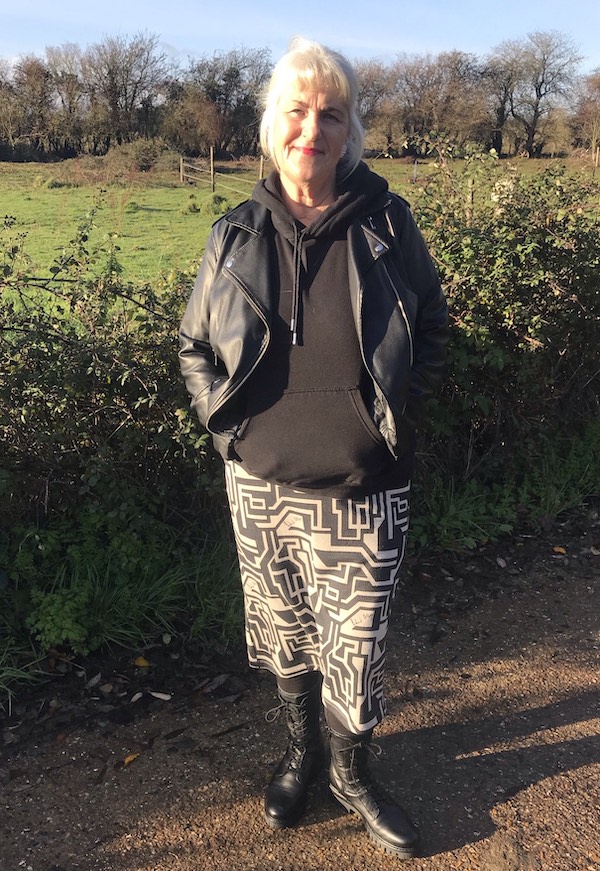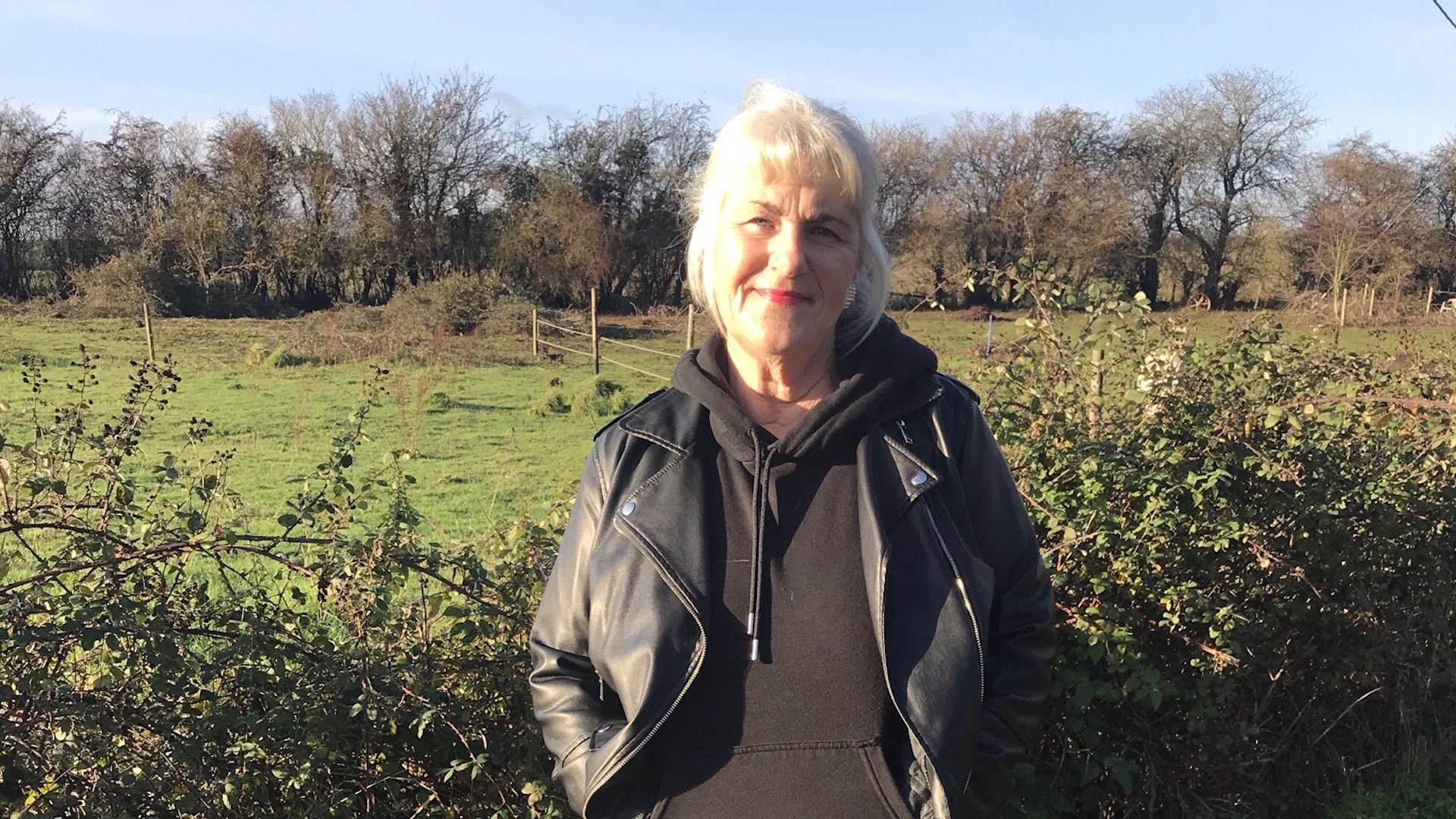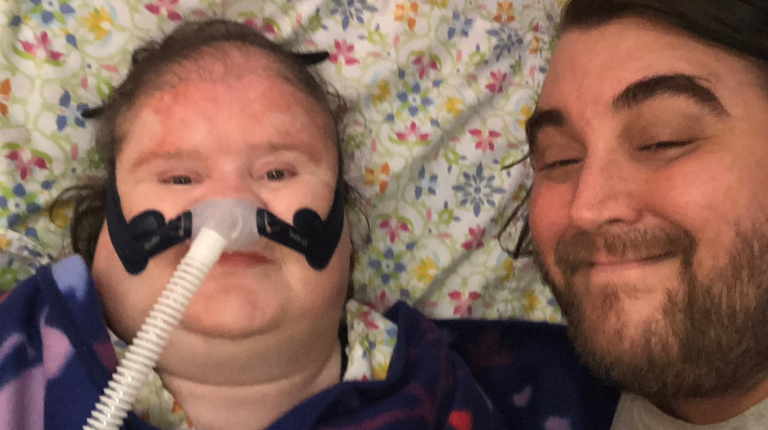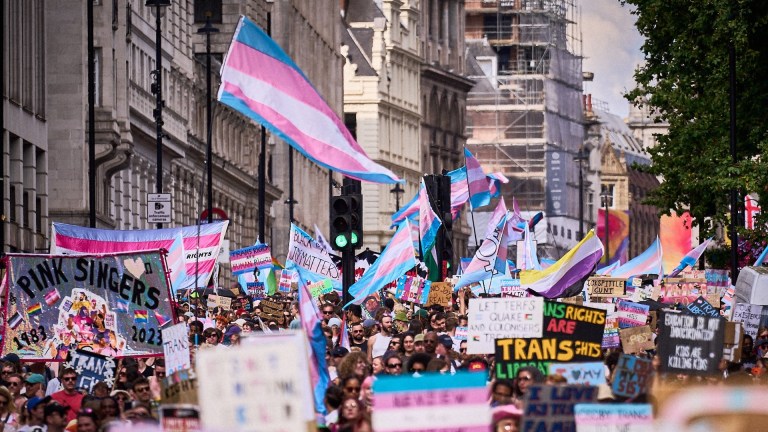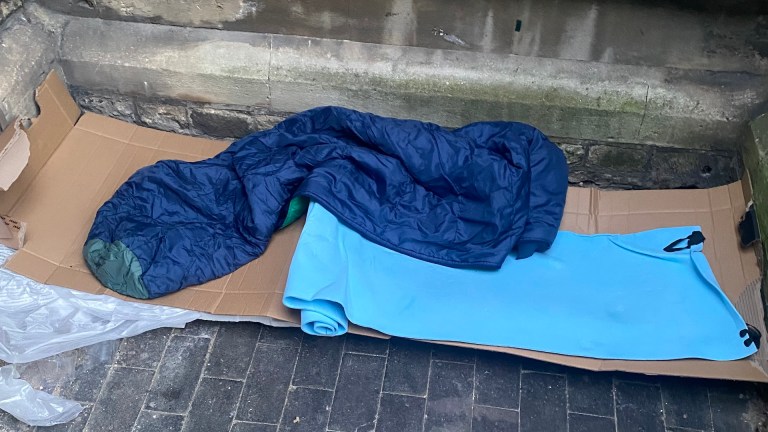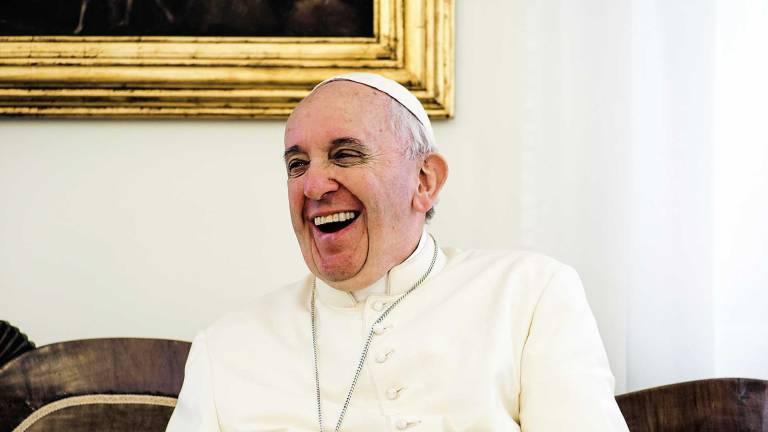“The extra £20 has helped a huge amount,” she told The Big Issue. “They’re talking about a £500 one-off payment, which I don’t think is the answer at all.
“It really isn’t enough even with the £20 increase, especially when they take 63p off every pound you earn. But the £20 helps offset that.
“The pandemic has made everything so much more expensive. We’ve only got oil heating which is so expensive – we owe on that and back rent. The extra £20 means we can pay those debts.
“I would tell Boris Johnson to swap places with me for a week, just to see what it’s like. He has absolutely no idea what the reality is like for many decent people.”
Morgan, 22, Yorkshire
Morgan is a formerly homeless young person who is currently living housing supported by charity Centrepoint in Yorkshire. He is currently unemployed and struggling to find work as most of the jobs he is applying for in retail and admin have been closed by Covid-19 restrictions.
Advertising helps fund Big Issue’s mission to end poverty
“It’s difficult to get by on Universal Credit. I have £100 to get through the month, after bills. It just means I’m always juggling money to avoid slipping into debt.
“I will only struggle more if they take the uplift away. It’s hard enough trying to find a job and somewhere to live. To add in the extra stress of not having enough money is a huge strain on my mental health. It’s easy to forget how much every pound counts to someone who doesn’t have any other access to money.”
Sarah, 40, Edinburgh
Sarah, whose name has been changed to protect her privacy, is a single mum with a two-year-old in Edinburgh. One Parent Families Scotland supports Sarah.
“I currently work part time with a Universal Credit top up including the child and housing element.
“To now lose £80 per month would affect me greatly. That doesn’t even equate to my monthly fuel bill. I am already struggling on a tight budget. The fact I may lose this is a huge worry and stress for me.”
Advertising helps fund Big Issue’s mission to end poverty
Carl, 39
Carl has been on Universal Credit since November 2017 after a physical impairment left him unable to work due to chronic pain and fatigue. The Department for Work and Pensions initially declared him fit for work. It was only after “months of uncertainty” the decision was overturned at an appeal tribunal, supported by charity Zacchaeus 2000 Trust.
He was categorised as Limited Capability for Work in August 2019. But after claiming Universal Credit for three years, he said it has provided little support in helping him find work.
Carl had “normally between £120 and £150 a month” before the increase was introduced.
“Normally by the end of the first or second week I was down to about £20 or £30. I tried to keep that in the bank just in case there was some kind of emergency. After the increase, I have £3 more to live on per day.”
“Losing the £20 increase will be the difference between having barely enough and having to go without again. Trying to get through the month on discount bread and relying on friends.”
Advertising helps fund Big Issue’s mission to end poverty
Aaliyah, 25
Aaliyah, whose names has also been changed, first claimed Universal Credit in October 2018. She is a single parent to a two-year-old child. Before the increase, she had around £300 a month to spend on food and other essentials.
She has had to turn to food banks on many occasions, despite wanting to buy fresh food for her child instead of non-perishables in tins.
Between the £20 increase, child benefit and turning 25 – meaning she became entitled to the full adult Universal Credit rate – Aaliyah now has an extra £160 a month for food and essentials. She told The Big Issue it means she doesn’t need to rely on food parcels to provide for her child. But, she said, losing the £20 increase would mean she would have to return to food banks.
